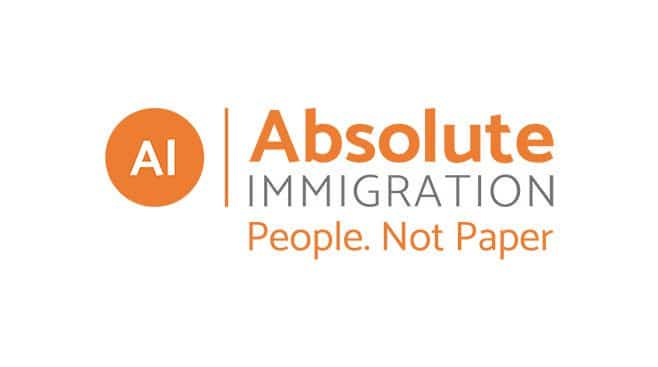How to identify a scam
Differentiating between scams and genuine contact from the Department of Home Affairs or any other Government body can be difficult but there are a few tips to remember that may help you identify a possible scam.
Most scams attempt to get personal information from you or your financial details.
Signs that it may be a scam include:
- You receive an email, text or phone call that is unexpected
- There is a deadline or urgency
- There is a threat of financial fines, debts, or jail, or a financial benefit
While the Government may contact you via call, text or email, there are a number of things the Government will never do when communicating with you.
What the Government will never do:
- Ask you to reply by email or text message to an electronic message
- Click on links or attachments, except for links in our official social media accounts or in your myGov Inbox
- Click on internet links in a text message to upload documents
- Pay us money to get a payment or benefit
- Transfer money to get a payment
- Buy gift cards or vouchers
- Ask you for money to release your information or fix your account
- Offer special deals
- Ask for remote access to your computer
If you are ever unsure of a person claiming to be from the Government you can ask for their name and phone number they’re calling from and then check the phone number provided on the Government phone us page.
If the call does not feel right or you feel threatened hang up and contact a number from an official Government website.
If you’re ever unsure about providing details about a visa or your immigration status, contact us directly.
For more information on scams, visit the Government website.






